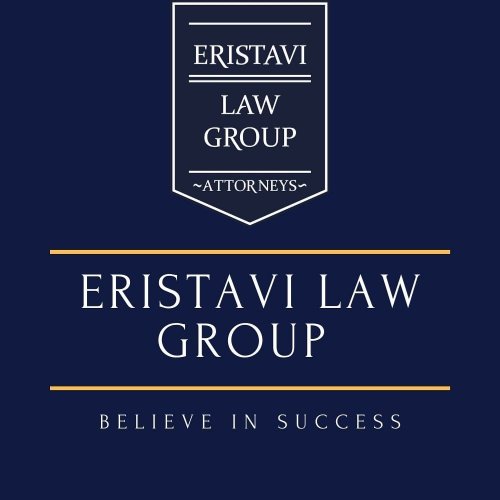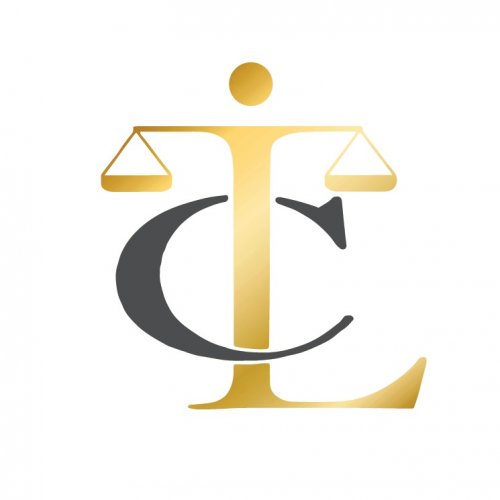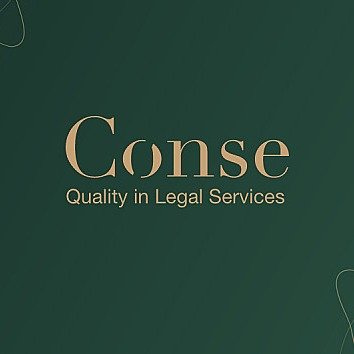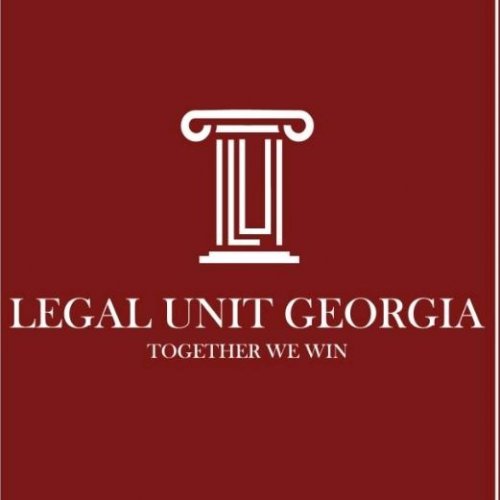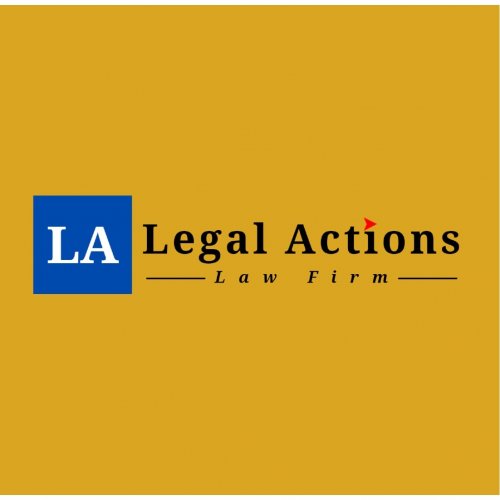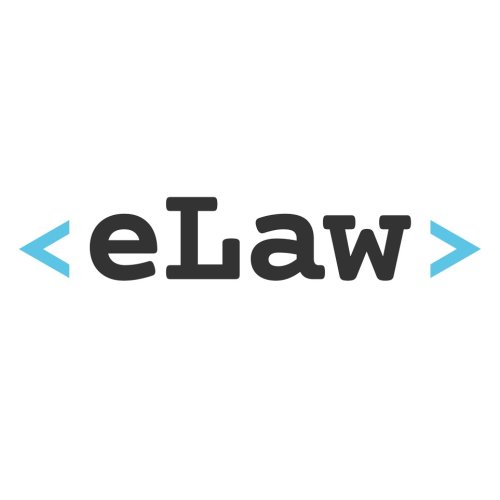Best Bankruptcy Lawyers in Tbilisi
Share your needs with us, get contacted by law firms.
Free. Takes 2 min.
List of the best lawyers in Tbilisi, Georgia
About Bankruptcy Law in Tbilisi, Georgia:
The bankruptcy law in Tbilisi, Georgia applies to both individuals and businesses hobbling under unsustainable debts. The law allows debtors to create plans to repay creditors over a period of time or liquidate their assets to pay off the owes. Once the debtor files for bankruptcy, an automatic stay is initiated, preventing creditors from pursuing further collection activities.
Why You May Need a Lawyer:
A lawyer can be crucial in guiding you through the complexities of the bankruptcy procedure. They will help you to understand which type of bankruptcy is most appropriate for your scenario, whether Chapter 7 (liquidation) or Chapter 13 (reorganization). Lawyers can also advise on the potential drawbacks of filing and help you to make informed decisions. In addition, they can navigate through the negotiations with creditors and represent you in court proceedings. Lastly, bankruptcy laws are subject to change and having a lawyer ensures you are updated with the latest changes.
Local Laws Overview:
In Tbilisi, Georgia, bankruptcy laws require that you receive credit counseling from a government-approved organization within six months before you file for any bankruptcy relief. Additionally, the law exempts certain property from the bankruptcy estate, enabling the debtor to keep essential items such as essential household furnishings, clothing, pensions, benefits, etc. Furthermore, Tbilisi laws set regulations for a bankruptcy trustee, an appointed person who oversees the bankruptcy process and manages the debtor’s property.
Frequently Asked Questions:
Can all debts be eliminated through bankruptcy?
No, not all debts can be discharged in bankruptcy. Non-dischargeable debts include alimony, child support, debts for most government funded or guaranteed educational loans or benefit overpayments, etc.
Can a creditor object to the bankruptcy filing?
Yes, a creditor can object to the bankruptcy filing if they can prove that the debtor filed the bankruptcy fraudulently or that the particular debt involves fraud.
Do all the debtor's assets get sold in Chapter 7 bankruptcy?
No, not all assets of the debtor are sold in bankruptcy. The law provides a list of exempted property which the debtor can keep. This often includes a certain amount of equity in the debtor's home, motor vehicle, household goods, etc.
Can you keep any credit cards after filing for bankruptcy?
Generally, all credit cards of the person filing for bankruptcy are cancelled. Whether a particular card can be retained largely depends on the conditions set by the credit card company.
How long does a bankruptcy stay on your credit report?
In general, a bankruptcy can stay on your credit report for up to 10 years.
Additional Resources:
The National Agency of Public Registry (NAPR) is a government organization that deals with bankruptcy filings and could be a valuable resource. Insolvency Service of Georgia provides guidance on how to apply for bankruptcy and useful information regarding the process. Associations such as the Tbilisi Bar Association may also provide assistance in finding a suitable bankruptcy lawyer.
Next Steps:
If you need legal assistance with bankruptcy, the first step is to research and hire a reliable local bankruptcy lawyer who practices in Tbilisi, Georgia. You may want to begin the process by arranging a consultation to discuss your financial situation and to learn about your options.
Lawzana helps you find the best lawyers and law firms in Tbilisi through a curated and pre-screened list of qualified legal professionals. Our platform offers rankings and detailed profiles of attorneys and law firms, allowing you to compare based on practice areas, including Bankruptcy, experience, and client feedback.
Each profile includes a description of the firm's areas of practice, client reviews, team members and partners, year of establishment, spoken languages, office locations, contact information, social media presence, and any published articles or resources. Most firms on our platform speak English and are experienced in both local and international legal matters.
Get a quote from top-rated law firms in Tbilisi, Georgia — quickly, securely, and without unnecessary hassle.
Disclaimer:
The information provided on this page is for general informational purposes only and does not constitute legal advice. While we strive to ensure the accuracy and relevance of the content, legal information may change over time, and interpretations of the law can vary. You should always consult with a qualified legal professional for advice specific to your situation.
We disclaim all liability for actions taken or not taken based on the content of this page. If you believe any information is incorrect or outdated, please contact us, and we will review and update it where appropriate.




